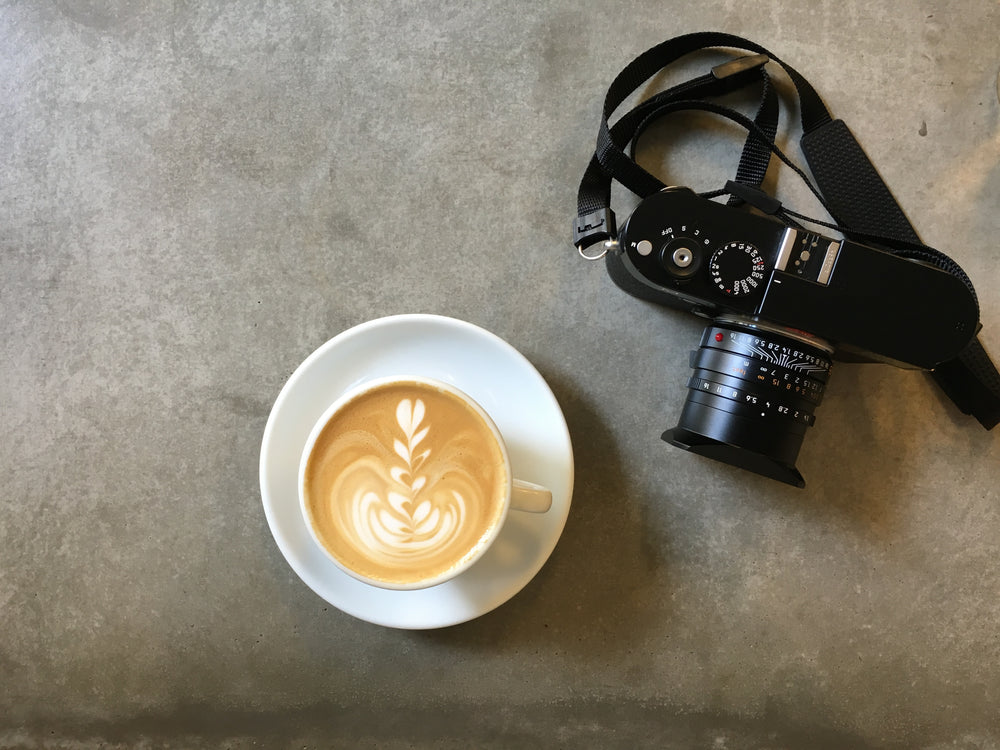Lee SW150 Graduated ND Soft Filter - ND 0.6 (2 Stops)
Sorry, currently out of stock
Key Features: Lee SW150 ND Grad Resin
Neutral Density Graduated filters
The LEE Filters range of Neutral Density (ND) Graduated Filters enable the photographer to selectively adjust exposure across the frame without affecting colour balance. They are almost an essential in modern landscape photography on both digital and film cameras and come in a range of strengths denoting the light stopping power of the filter. Neutral density graduated filters enable you to balance light intensity in one part of a scene with another. For example, when photographing a landscape in which the sky is much brighter than the foreground, placing the neutral density part of the filter onto the sky in the frame will reduce the sky exposure without affecting the foreground. This enables cloud detail to be kept correctly exposed and avoids the "white out" effect caused by exposing for the foreground.
Precise creative control
There is a place in landscape photography for both hard and soft grads. Which one you decide to use will depend mainly on the subject matter of your image. As a general rule, a hard grad would be used for images containing a horizon, or any hard transition between the sky and the foreground - even with jagged or mountainous horizons, the exposure can be controlled far easier with a hard grad.
Soft grads perform best in woodland, mist, or interiors. Anywhere where there is no definite transition between sky and foreground, a soft grad will gently balance exposure across the image.







